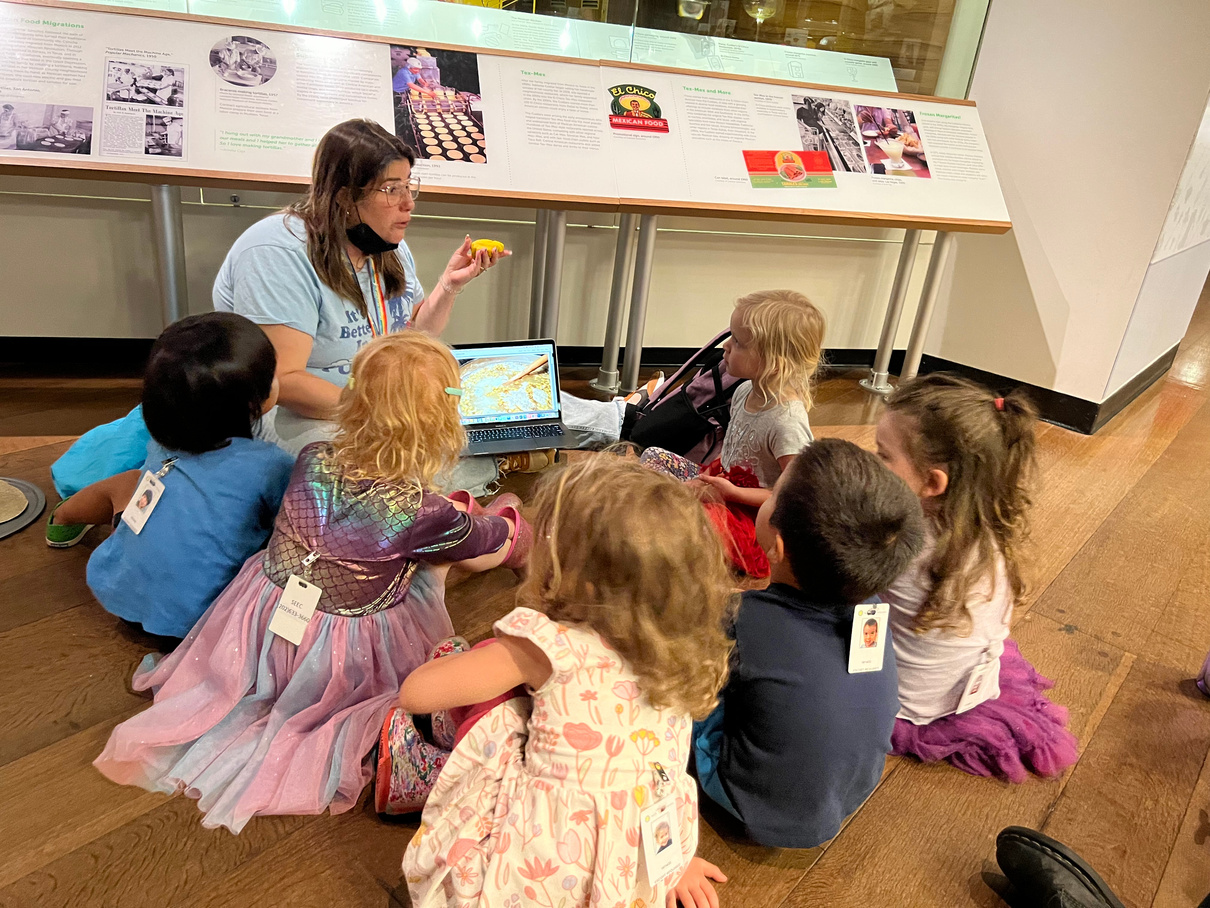
Unpacking My Cubby
consulting services from an early childhood specialist
resources
Contact
Teacher stories
you were late, and yes, it matters
I grew up with perfect school attendance, and always being on time, if not early. Once I was a young working adult, I realized people cut you a lot of slack for being late, so I ran with it… gave myself an extra 30 minutes of sleep in the morning, and hoped that traffic was tolerable. But being on time is highly important, not just because society expects you to be cognizant of other people’s schedules, but because it’s how you show people respect; that their time is just as valuable as yours. After a conversation with my husband, where I assumed everyone was “cool” with people being late, he assured me that “they’re not okay with it, and you should be okay with it either.” Now that I am aware of how ADHD impacts time blindness, I purposely allot myself an additional half hour to make sure I’m respectful of other people and their time. While I recognize that there will be moments where I’ll eventually be late, I’ve learned that striving to being on time, is a big key to success.
Teaching Kryptonite #1: lesson planning for an emmergent Curriculum
We all have teaching kryptonites, those specific “to-do’s” that many of us put off until the last minute, because they create so much unnecessary stress, in an already physically and mentally demanding career. Lesson planning for an emergent curriculum, with limited planning time, was my kryptonite. If my ADHD brain constantly needed to worry about lesson planning, I was often too weak to meaningfully engage with the children; and I felt like I wasn’t contributing to the classroom in ways I knew I could. These stressors would add up, and, in my experience, contributed to specific moments where my behaviors could be perceived as inappropriate.
Only you can identify your kryptonite; recognize your strengths, weaknesses, and communicate those to your team. You may find some teachers love lesson planning, but have difficulty taking pictures, writing annecdotes, and/or keeping up with classroom newsletters, websites, and bulletin boards. Many teachers have described “communicating with families” as a kryptonite. Remember to focus on those things that make you excel, and, if possible, work out ways to effectively distribute the teacher work load and responsibilities.
Early teacher mistake #1: The time where I spoke negatively about a child, and didn’t realize it
The pre-k 3’s class was doing a unit on transportation, and “K” was super excited to learn more about trains. One day we took the kids on a community visit to the train station, and saw freight trains up close and in motion! I used to assist many different classrooms, so the way “K” connected with me, was through that freight train experience. “K” would say “hi, remember the trains!?!?” to me ALL the time, similar to how my Grandmother would bring up the same stories to me, without the awareness we’d already had these conversations. I was slowly loosing my Grandmother to Alzheimers and Dementia, and my way of coping with everything was by having fun with her, laughing, and making light of this very serious disease. One day in the teacher lunchroom, I made a comment to one of my colleagues who knew “K”, about how they were “always telling me about the trains, as if they had Alzheimers.” I intended as a joke, my colleague laughed, but “K”’s lead teacher also heard my comment, got visibly upset, and immediately rushed to speak to our supervisor, about how insensitive I was towards a child in their classroom. This was the first and only time I was “written-up”, and while I don’t know if that was their intention, I learned a lot that day. Some educators have a lot of patience when it comes to children, but often rush to make assumptions about adults they work with. Taking the time to explain to someone why they are “in the wrong” is an extremely valuable learning experience, when done respectfully. Now, more than ever, we have to give each other the benefit of the doubt, assume positive intent, and show each other grace.
Consulting


My name is Laura Muñiz and I’ve been working with children ages 0-6, for over ten years; while simultaneously receiving a masters in Early Childhood Education from George Mason University. Teaching pre and post pandemic, while adapting to sociopolitical shifts, has led me to believe that most children are typically developing, and it’s the adults in the classroom who need the most support.
Unpacking my Cubby offers Educator consulting and professional development that help build understanding, from a neurodivergent view point. Through story-telling, group reflections, and other activities, we aim to provide Educators with strategies to improve their assertive communication. We currently serve schools and early education centers in the greater Washington DC region.
special projects
In my efforts to advocate for adults who have been diagnosed with ADHD later in life i have inmersed myself in the following projects:
Executive Producer: “Why am I like This” (short film, 2024) featuring Jenny Lorenzo as luna
Synopsis:
“Luna has severe ADHD, but she doesn’t know it yet. On this chaotic day, all of her symptoms will be put to the test. From sensory overload to social anxiety, Luna has to marathon sprint through the most stressful shift at her dead-end job and navigate through a highly-irritable LA house party. The clock is ticking as the midnight deadline for a life-altering art fellowship grows closer. But Luna's neurodivergent brain is her own worst enemy and it will ensure that everything falls apart today.”
-Andrés Rovira (Director and Executive Producer)

Credit: https://seedandspark.com/fund/why-am-i-like-this?fbclid=IwAR15QScEhtQFnlkWUn2ZQEw0VQ8Ms-TNio3MrAVtP2-Pl6u-KtNwH4h0n8A#story
resources
ADHD and teaching from ADDtitude Magazine:
Classroom Strategies for Teachers of Students with ADHD or LD
Course designed to help you communicate assertively from Coursera:
Assertive Communication: Definition, Examples, and Tips | Coursera
Contact
Share your teacher stories, and contact us for consulting, and professional development at:
laura.a.muniz@gmail.com